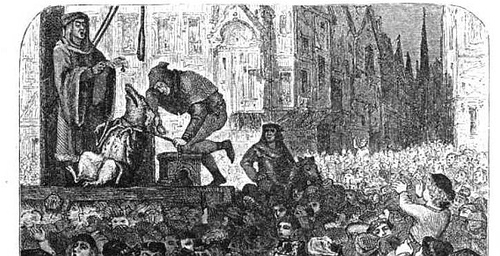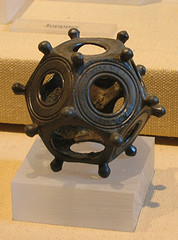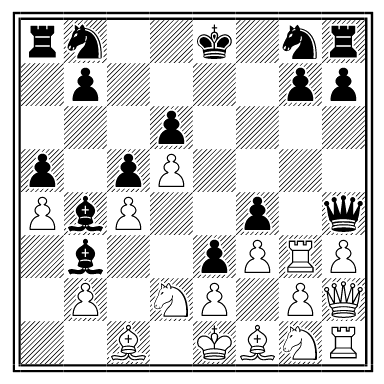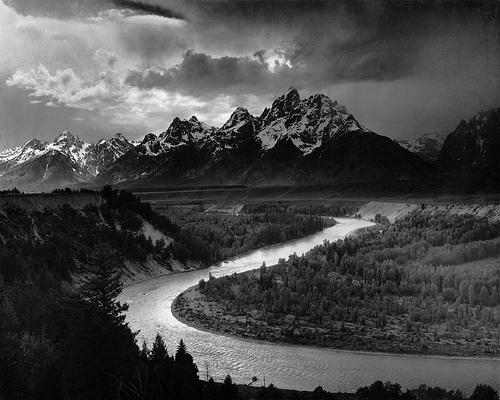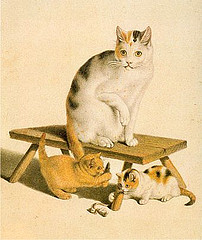
Born in Bern in 1768, the autistic Gottfried Mind could barely write his name, but on seeing a cat in a painting by his drawing-master, he immediately said, “That is no cat!” The master asked whether he thought he could do better, and Mind produced a drawing so good that the master copied it.
Thereafter Mind worked surrounded by cats, painting them with a remarkable eye for their individual character and occasionally carving them from chestnuts for sport. In the work of other artists it’s said that he liked nothing but the lions of Rubens, Rembrandt, and Paulus Potter, and he looked down even on celebrated cats by Cornelius Vischer and Wenzel Hollar.
“First and last,” said Goethe, “what is demanded of genius is love of truth.”



